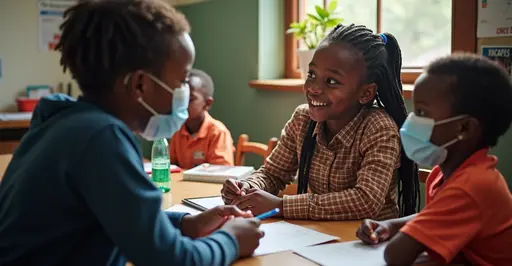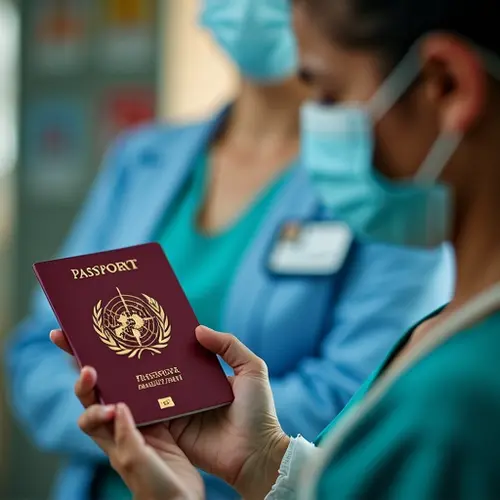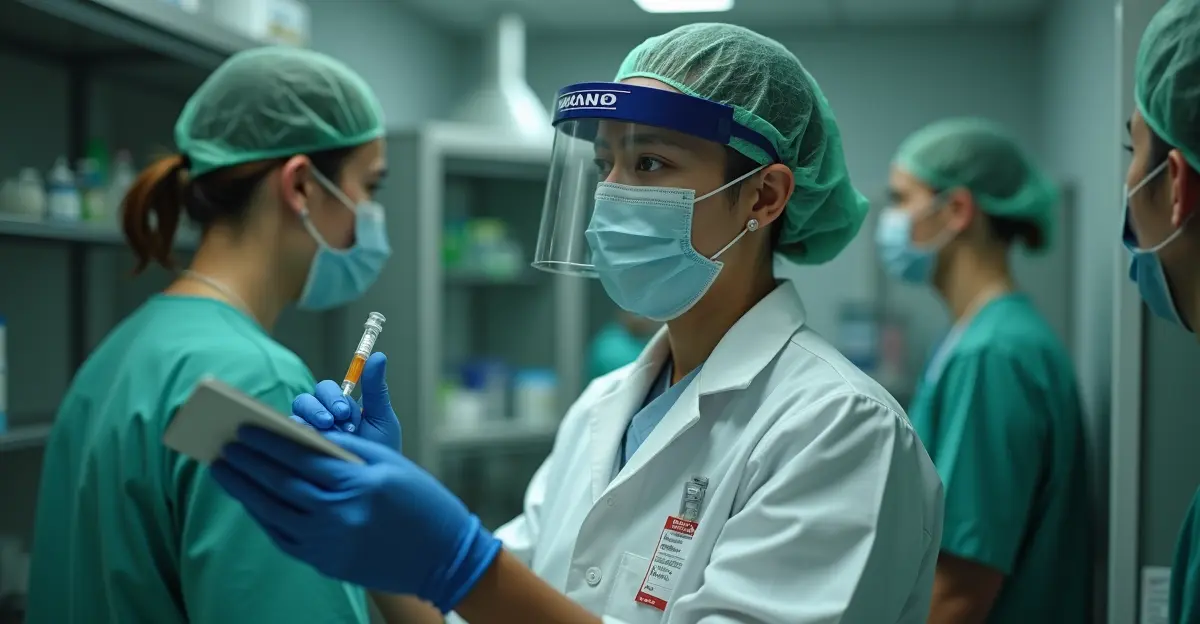Low-income nations still face vaccine access barriers including infrastructure limitations and misinformation. International programs like COVAX have delivered 1.3 billion doses but significant challenges remain in achieving 70% coverage.

The Struggle for Vaccine Access
Low-income countries continue facing significant barriers to vaccine access despite global efforts. As of 2025, only 16% of people in these nations have received a single vaccine dose compared to 80% in high-income countries. The COVID-19 pandemic highlighted these disparities, but the challenges extend to all vaccine-preventable diseases.
Key Barriers
Multiple obstacles hinder equitable distribution:
- Cold chain limitations: Maintaining vaccine temperatures remains difficult in regions with unreliable electricity
- Healthcare infrastructure: Many countries lack sufficient clinics and trained medical staff
- Transportation challenges: Remote communities face accessibility issues
- Conflict zones: Ongoing violence disrupts vaccination campaigns
- Misinformation: Vaccine hesitancy fueled by false claims
International Response Efforts
The COVAX initiative has delivered over 1.3 billion vaccines to 87 low-income countries since 2020. The program continues working toward its goal of 70% vaccination coverage in participating nations.
Current Strategies
Recent approaches include:
- Integrating COVID-19 vaccination with routine immunization programs
- Bundling services with malaria bed net distribution
- Developing heat-stable vaccines that don't require refrigeration
- Local manufacturing initiatives in Africa and Southeast Asia
The COVID-19 Vaccine Delivery Partnership provides tailored support to 34 nations with vaccination rates below 10%. "The next 3-4 months are crucial for accelerating campaigns," stated a WHO representative.
Ongoing Challenges
Despite progress, significant hurdles remain:
- Funding gaps for operational costs
- Vaccine hesitancy in marginalized communities
- Supply chain disruptions during conflicts
- Competing health priorities like malaria and malnutrition
Experts emphasize that vaccine equity isn't just ethical but practical. "Unvaccinated populations enable virus mutation that threatens everyone," explained Dr. Anya Sharma of the Global Health Institute. The WHO continues advocating for booster dose equity while prioritizing primary vaccination in vulnerable regions.

 Nederlands
Nederlands English
English Français
Français Deutsch
Deutsch Español
Español Português
Português







